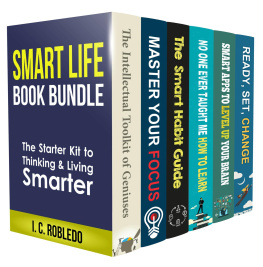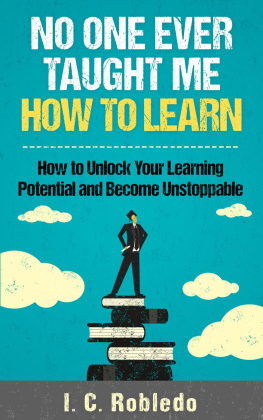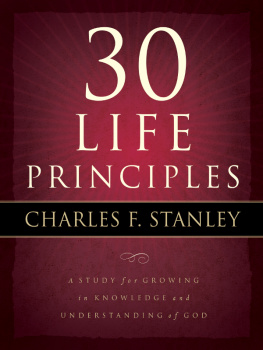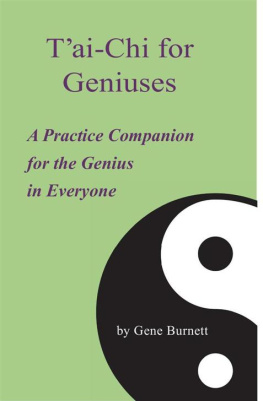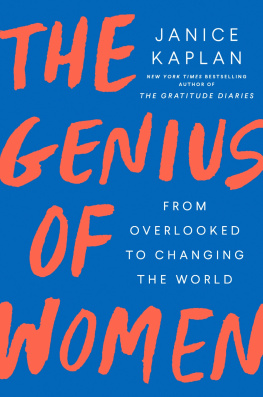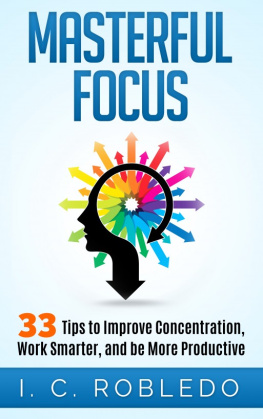The Intellectual Toolkit of Geniuses: 40 Principles that Will Make You Smarter and Teach You to Think Like a Genius
Master Your Mind, Revolutionize Your Life, Volume 1
I. C. Robledo
Published by I. C. Robledo, 2014.
The Intellectual Toolkit of Geniuses: 40 Principles that Will Make You Smarter and Teach You to Think Like a Genius
Copyright 2014 by Issac Robledo.
All Rights Reserved. No part of this book may be reproduced in any form without written permission from the author. Brief passages may be quoted for review purposes.
Disclaimer
Although the author and publisher have made every effort to ensure that the information in this book was correct at press time, the author and publisher do not assume and hereby disclaim any liability to any party for any loss, damage, or disruption caused by errors or omissions, whether such errors or omissions result from negligence, accident, or any other cause.
This book is not intended as a substitute for the medical advice of physicians. The reader should regularly consult a physician in matters relating to his/her health and particularly with respect to any symptoms that may require diagnosis or medical attention.
The views expressed are those of the author alone and should not be taken as expert instruction or commands. The reader is responsible for his or her own actions.
Adherence to all applicable laws and regulations, including international, federal, state, and local governing professional licensing, business practices, advertising, and all other aspects of doing business in the US, Canada, or any other jurisdiction is the sole responsibility of the purchaser or reader.
Neither the author nor the publisher assumes any responsibility or liability whatsoever on the behalf of the purchaser or reader of these materials.
Any perceived slight of any individual or organization is purely unintentional.
Table of Contents
An Introduction to the Intellectual Toolkit of Geniuses
I f youve ever wanted to learn to think more like a genius, youve come to the right place. Truly smart people have a different way of viewing the world. They ask unique questions. They dont accept simple yes or no answers to tough questions. They always want to learn more, to better themselves, and to prepare themselves for the next great challenge.
Geniuses do not look to take the easy path. They enjoy seeking intellectual challenges. They enjoy finding people that have other points of views, and discovering why they think that way. Geniuses do not assume they have all the answers, or that they are the smartest person. They believe there is always room to grow, to become better and smarter.
A genius is someone who puts in the work. They choose their path and they focus on it with the intensity of a laser beam. The greatest geniuses are those who transform our understanding of reality through experiments, inventions, or discoveries. Some of these would be Charles Darwin, Thomas Edison, Albert Einstein, and William Shakespeare. Realize that genius can be learned. The greatest geniuses use principles to guide their thinking, and in this book you will learn them.
I came up with these principles from researching geniuses in history, interacting with geniuses, and studying geniuses. They have shared with me their collective intellectual toolkit, and now I want to share it with you so you can become one step closer to genius.
Principle #1: Dont make assumptions.
T o see things as they are, avoid assuming that you know what someone is thinking, or that you know their motivations. You may have clues or ideas, but you should avoid making assumptions until you have enough information to be sure you know what is really happening. Assumptions will make you feel like a fool when you are wrong. They will also be a waste of precious brain power, as you will often analyze something that is based on a faulty assumption. If you do that, you will waste more time and resources. Focus your attention elsewhere and you will be more productive. If something is important, be direct and find out what you need to know, rather than assuming.
Principle #2: Learn from multiple formats or methods.
I t is true that people learn in different ways. Some learn better through reading, others through listening, seeing, or doing. When learning something new, it is a good idea to start with one method of learning, perhaps your favorite first. When you come across a barrier where you dont understand, try another way. Keep doing this until you make progress and finally understand. Even just with the internet you can use books, Wikipedia, YouTube, and free Open Courseware. You will learn more quickly and holistically through multiple sources. Understand that the real world will not allow you to choose how to learn from it. At work you may be asked to attend conferences or to read some material. Either way, you will be expected to learn even if it isnt your preferred way.
Principle #3: Learn to be self-reliant and to prioritize what is most important.
S chool, work, government , and other systems have their own agendas, and their own flaws. They will be happy to tell you where to go and what to learn, but at some point you have to decide for yourself what is truly important to know.
School focuses on learning math, science, and history, among other topics, but what about learning why those topics are important? They often dont focus on the why, as much as they ask you to simply memorize facts. Survival skills are rarely taught in school, but this is another example of something that could be quite useful to learn. The point here is you need to decide for yourself what is important. Ask what you would teach if you were in charge of the school system. There is no excuse to be passive and let your education slip past you. Take those important topics and learn them for yourself.
Be aware that often times in modern society, trivial things are talked about on and on as if they are important, and truly important things like world issues are rarely discussed in any deep way. Intelligent people tend to strive to find something meaningful and important to them, and they will focus on this instead of trivial issues.
Thomas Edison is a good example of how self-reliant someone can become. He came from a poor family and he didnt have teachers to show him what to learn. He read all kinds of books to satisfy his curiosity about how machines worked. Edison taught himself through his own deep determination to learn. Great geniuses do not make excuses. They are prepared to put in the work and learn on their own if required.
Principle #4: No one weighs the importance of facts for you. Weigh them yourself.
I n school you are usually given all the information for a test, and it is up to you to learn it. Tests are often multiple choice, meaning every question is worth just the same as the other. In real life, this isnt how things work. In real life you often have access to information, but you are rarely told what is the most important to know. However, when you are tested in life (given a sort of grade, if you will) the people who do best are the ones who understand what is most important. Also, realize that this is a skill that is never taught anywhere. Learn to weigh the facts for yourself. Observe patterns of what tends to be critical in your work space, or in your household, or in any system. Focus on making sure the most important things are taken care of first.


